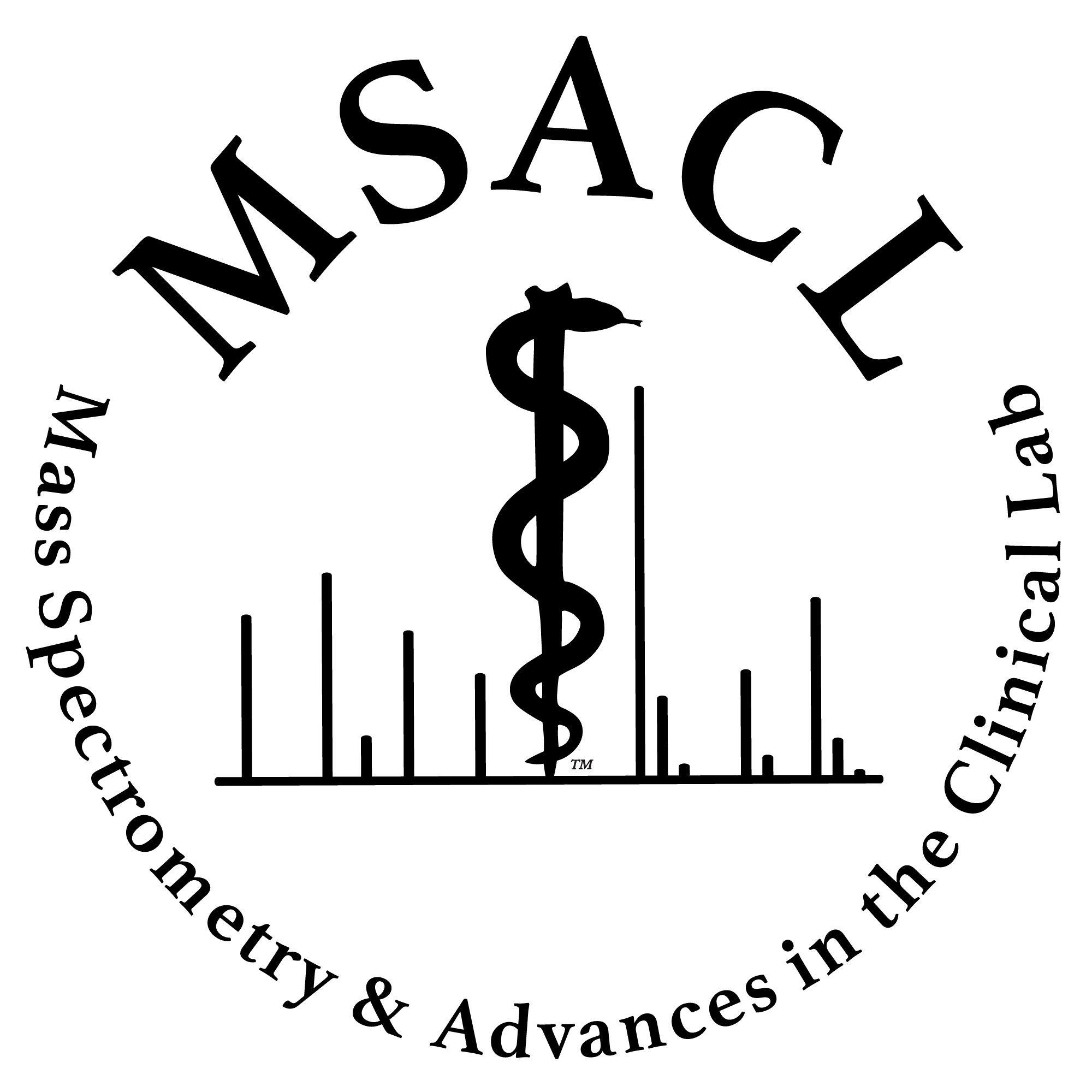|
Abstract Almost 30% of survivors of myocardial infarction (MI, heart attack) develop heart failure (HF), in part, due to damage caused by accumulation of dysfunctional mitochondria. Organelle quality control through Parkin-mediated mitochondrial autophagy (mitophagy) is known to play a role in mediating protection against heart failure (HF) damage and the remodeling of the subsequent deteriorated heart tissue. Our group used proteomics, metabolomics, and functional approaches to show a single i.p. dose (2hrs post-MI) of PR-364, a Parkin activator, reduced mortality, preserved cardiac ejection fraction, and mitigated the proteome/metabolomic and functional progression of HF in mice. Our cardiomyocyte-like AC16 cell data indicated PR-364 effects are multifactorial: i) increased mitophagy and mitochondrial biogenesis, ii) enhanced ATP production via improved TCA cycle, iii) altered accumulation of calcium localization to the mitochondria, and iv) initiated translational reprogramming with increased expression of mitochondrial translational proteins. However, it is also clear that the effects involve more than just direct parkin activation. To determine the proteomic drivers of the next generation of PR-364 molecules that will provide broad proteomics coverage representing these diverse functional read out, we developed a full automated cell (AC-16) based 96-well workflow, including sample preparation under ischemia and reperfusion for mass spectrometry. As well, we are adapting this for human iPSC-derived cardiomyocyte to allow for high throughput proteomic screening that can accommodate broad genetic background. |

